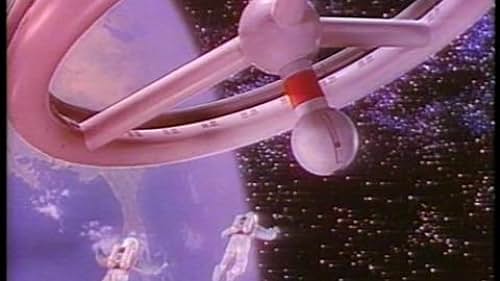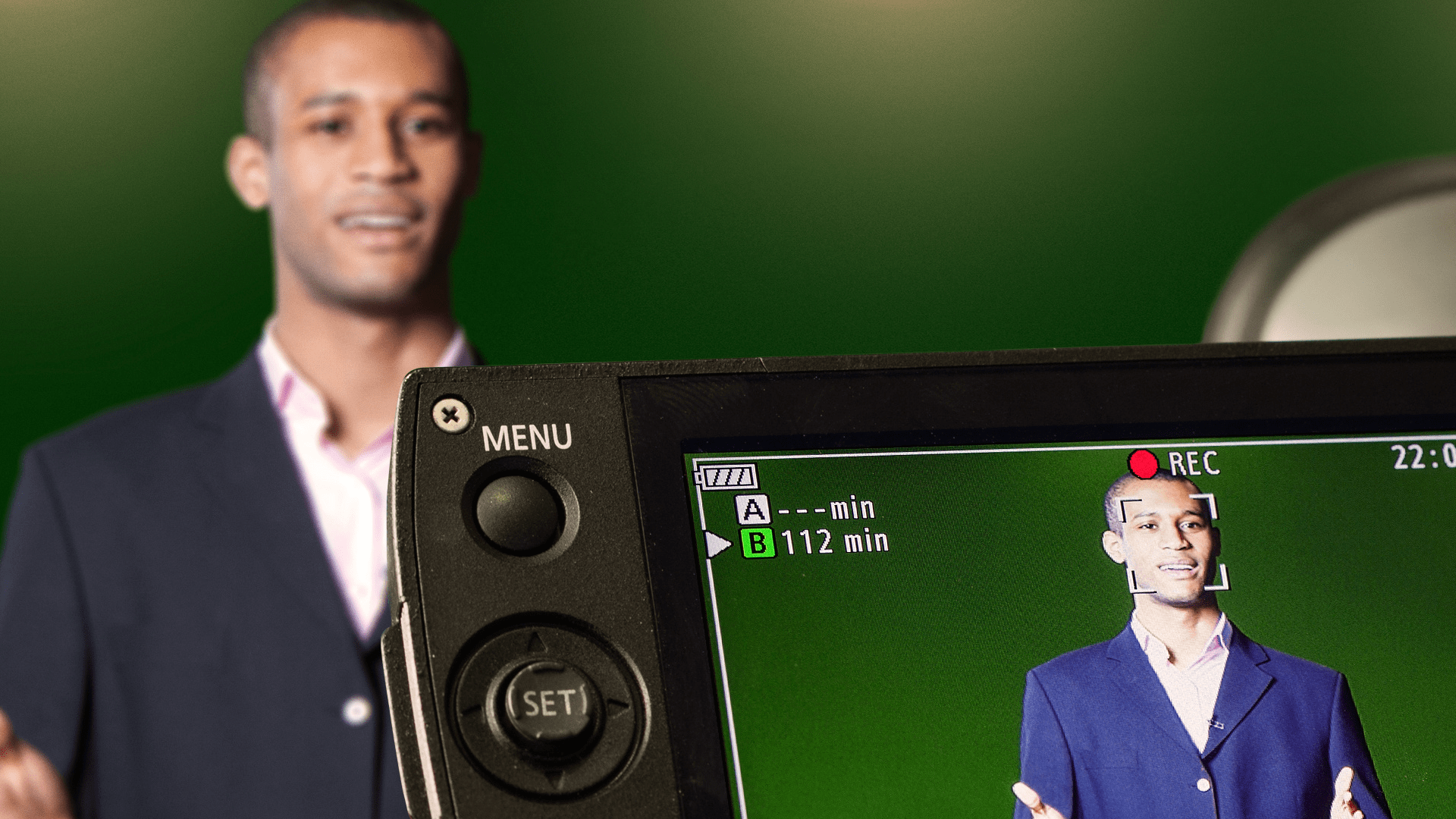Zsoka Pal(1909-2002)
- Additional Crew

Elisabeth Josepha ("Zsoka") Grandjean, was born in Budapest,
Austria-Hungary on July 18, 1909. She was one of five children born to
Joseph Grandjean and Josephine (Scheda) Grandjean. Her three brothers
were named Joseph, Istvan, and Bela. Her younger sister's name is Ilona
("Lonci").
Zsoka was educated in the schools of Budapest and developed an interest in playing the piano (she would always have a grand piano in her home). Music became a life-long interest of hers, along with painting and literature, and she later encouraged her sons to appreciate the arts.
She met aspiring film maker Julius Gyorgy Marczincsak while they attended dance school in the late 1920s. They fell in love and were married in 1930.
Because of a troubled economy in Hungary, she and George moved to Berlin, Germany, which, during the Weimar Republic before the Nazi era, was a center of innovative film making.
When the Nazis came to power in 1933, and defined those who were foreign-born as suspicious and placed them on "watch lists", Zsoka and George left for Prague and then on to Paris where they received an invitation from Philips Radio of the Netherlands to move to Eindhoven, Noord-Brabant, Netherlands. (Sometime around 1935, George started using George Pal in the Puppetoon screen credits for Director and Producer, and used Pal also, instead of Marczincsak, on legal documents). It was in Eindhoven that their first son, David Pal, was born and where her husband produced his first Puppetoon films.
In 1939 the Pals were granted a visa to emigrate to America, which they did in early 1940.
She, George, and David settled in Beverly Hills, California, where George began his illustrious film career, and where their second son, Péter Pál, was born in 1941.
In the years that followed, she watched her husband move from producing Puppetoon animations to full-scale, feature-length movies of amazing ingenuity and imagination, until his death on May 2, 1980.
At one point, in the early 1950s, she reminded George of his interest in magic (his grandfather had been a stage magician) and asked him if he would like to do a film on magicians. Two years later, Houdini (1953) was released.
She appeared in The Fantasy Film Worlds of George Pal (1986) by Arnold Leibovit, and received a thank you credit in Time Machine: The Journey Back (1993), a special feature on the 1993 DVD release of The Time Machine (1960).
She was a member of the Academy of Motion Picture Arts and Science's Foreign Film Committee, which promoted the showing of films made by world artists, and a member of the Los Angeles County Museum. She remained devoted to family (children and grandchildren) and the decor of her home until her death on April 6, 2002.
Zsoka was educated in the schools of Budapest and developed an interest in playing the piano (she would always have a grand piano in her home). Music became a life-long interest of hers, along with painting and literature, and she later encouraged her sons to appreciate the arts.
She met aspiring film maker Julius Gyorgy Marczincsak while they attended dance school in the late 1920s. They fell in love and were married in 1930.
Because of a troubled economy in Hungary, she and George moved to Berlin, Germany, which, during the Weimar Republic before the Nazi era, was a center of innovative film making.
When the Nazis came to power in 1933, and defined those who were foreign-born as suspicious and placed them on "watch lists", Zsoka and George left for Prague and then on to Paris where they received an invitation from Philips Radio of the Netherlands to move to Eindhoven, Noord-Brabant, Netherlands. (Sometime around 1935, George started using George Pal in the Puppetoon screen credits for Director and Producer, and used Pal also, instead of Marczincsak, on legal documents). It was in Eindhoven that their first son, David Pal, was born and where her husband produced his first Puppetoon films.
In 1939 the Pals were granted a visa to emigrate to America, which they did in early 1940.
She, George, and David settled in Beverly Hills, California, where George began his illustrious film career, and where their second son, Péter Pál, was born in 1941.
In the years that followed, she watched her husband move from producing Puppetoon animations to full-scale, feature-length movies of amazing ingenuity and imagination, until his death on May 2, 1980.
At one point, in the early 1950s, she reminded George of his interest in magic (his grandfather had been a stage magician) and asked him if he would like to do a film on magicians. Two years later, Houdini (1953) was released.
She appeared in The Fantasy Film Worlds of George Pal (1986) by Arnold Leibovit, and received a thank you credit in Time Machine: The Journey Back (1993), a special feature on the 1993 DVD release of The Time Machine (1960).
She was a member of the Academy of Motion Picture Arts and Science's Foreign Film Committee, which promoted the showing of films made by world artists, and a member of the Los Angeles County Museum. She remained devoted to family (children and grandchildren) and the decor of her home until her death on April 6, 2002.





